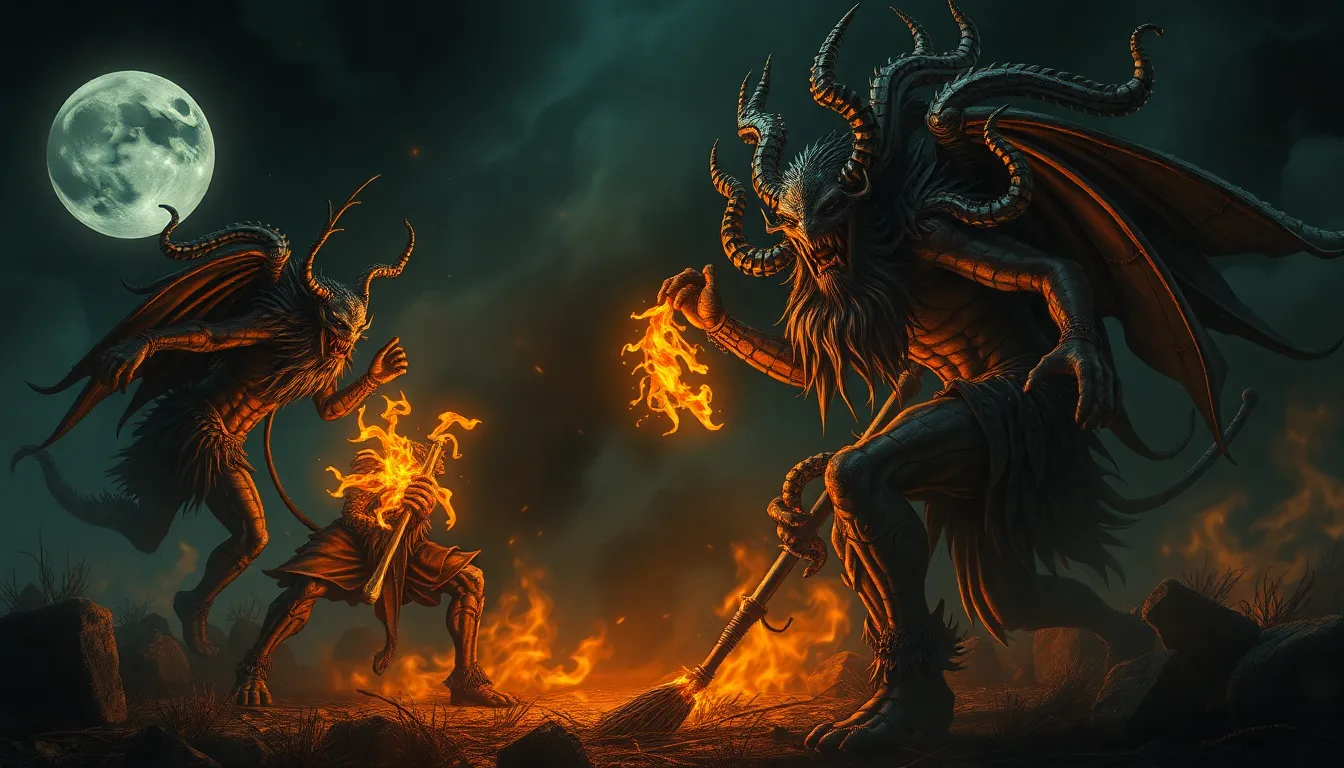The Concept of Country in Australian Aboriginal Mythology
Introduction
The concept of "Country" holds profound significance within the rich mythology of Australian Aboriginal cultures. It encompasses a multifaceted understanding of the interconnected relationship between land, identity, and spirituality.
The Dreaming and the Land
Central to Aboriginal beliefs is the concept of the Dreaming, a timeless realm where ancestral spirits created the world and all living beings. The land is believed to be a physical manifestation of the Dreaming, infused with the power and presence of these ancestral beings. Every feature of the landscape—mountains, rivers, and rock formations—is imbued with sacred meaning and significance.
Ancestral Beings and Creation Stories
According to Aboriginal mythology, the land was shaped and formed by the travels and actions of ancestral beings during the Dreaming period. These beings, such as the Rainbow Serpent and Giant Kangaroo, created and sustained the land through their journeys. Their stories are passed down through generations through oral traditions, songs, and dances, forming the basis of Aboriginal cultural identity and connection to Country.
Sacred Sites and Totemic Connections
Sacred sites hold immense importance in Aboriginal cultures, as they represent the physical manifestations of the Dreaming and serve as focal points for ceremonial gatherings and cultural practices. These sites may include rock art, waterholes, and other natural features that are believed to contain the spirits of ancestral beings and have totemic associations. Totems are animals, plants, or natural phenomena that embody the spiritual connection between a person or group and the land.
Country as Identity and Heritage
The concept of Country is deeply entwined with Aboriginal identity and cultural heritage. It forms the foundation of their connection to the land and provides a sense of belonging and purpose. Individuals and groups identify strongly with their Country, which shapes their language, social structures, and artistic expressions.
Responsibilities to Country and Environmental Management
Aboriginal custodians have a profound sense of responsibility towards their Country, which includes maintaining its ecological health and biodiversity. Traditional knowledge and practices have been passed down through generations and guide sustainable land management practices, such as cultural burning and hunting regulations. These practices ensure the long-term well-being of the land and the communities that depend on it.
The Impact of Colonisation and Displacement
The arrival of European settlers had a devastating impact on Aboriginal cultures and their connection to Country. Colonisation resulted in widespread displacement and the disruption of traditional land management practices. This led to significant environmental degradation and loss of cultural knowledge. The lingering effects of colonisation continue to be felt by Aboriginal communities today.
Contemporary Conceptions of Country
In contemporary Australia, the concept of Country has evolved to encompass not only traditional lands but also urban environments where Aboriginal Australians reside. It now includes the recognition of cultural connections to the land regardless of physical location.
Legal and Political Recognition of Indigenous Rights
Over the past few decades, there has been growing legal and political recognition of Indigenous rights to Country. Native title legislation has recognised the pre-existing rights and interests of Aboriginal people over their traditional lands. This recognition has helped to empower Aboriginal communities and enable them to play a greater role in the management and stewardship of their Country.
FAQ
What is the significance of Country to Aboriginal Australians?
Country represents the physical and spiritual connection between Aboriginal people and the land. It encompasses a sense of identity, heritage, and responsibility.
How is the concept of Country reflected in Aboriginal culture?
Aboriginal cultural practices, such as song, dance, and storytelling, are deeply tied to the land and the ancestral beings that created it. Sacred sites serve as focal points for ceremonies and cultural gatherings.
How has colonisation impacted the connection between Aboriginal Australians and their Country?
Colonisation resulted in widespread displacement and disruption of traditional land management practices, leading to environmental degradation and loss of cultural knowledge.
What efforts are being made to recognise and support Indigenous rights to Country?
Native title legislation and other legal measures have been put in place to recognise the pre-existing rights and interests of Aboriginal people over their traditional lands. This recognition aims to empower Aboriginal communities and enable their participation in the management and stewardship of their Country.



